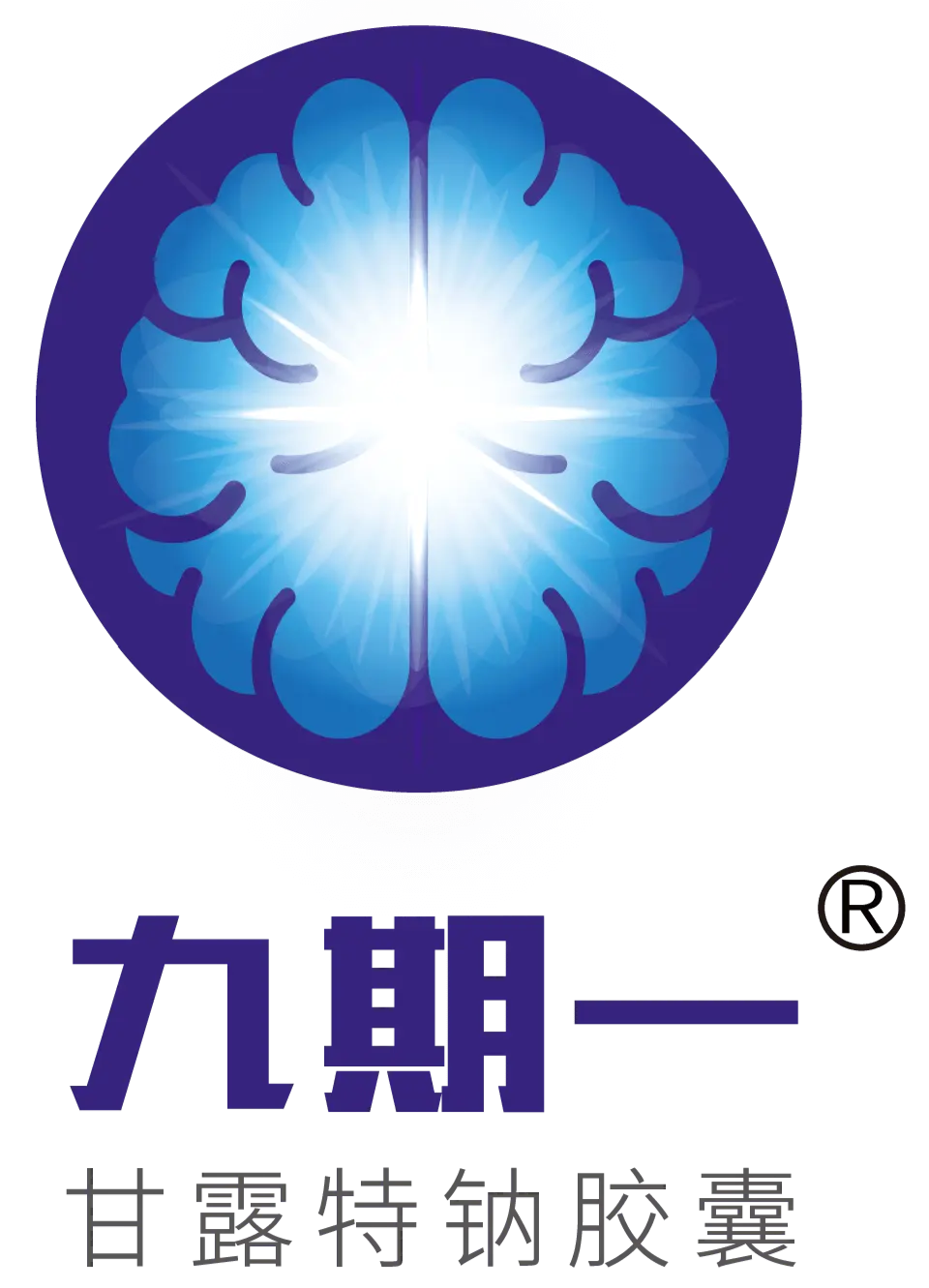AD/PD: Exploring the Relationship between Gut Microbiota Dysbiosis and Parkinson's Disease
As the second most common neurodegenerative disease after Alzheimer’s disease (AD), the pathogenesis of Parkinson’s disease (PD) is still inconclusive, but it is generally believed that the disease is associated with oxidative stress, mitochondrial dysfunction, α-synuclein aggregation, and neuroinflammation. In recent years, more and more studies have shown that the gut microbiota is highly correlated with the pathogenesis of central nervous system diseases such as PD, depression, and autism, and the theoretical study of the gut-brain axis has gradually risen as an emerging direction in this field of disease research. And the recently held 15th International Conference on Alzheimer’s & Parkinson’s Diseases (AD/PD 2021) served as yet another strong proof of growing interest within the academic community.
Held as a fully online, virtual experience from March 9 to 14, AD/PD 2021 was a six-day academic conference that focused on topics including newest research breakthroughs, drug research and development, early diagnosis, and clinical studies around Alzheimer’s and Parkinson’s diseases and related neurological disorders. During the conference, Green Valley Pharmaceuticals hosted a virtual seminar themed “Dysbiosis of Gut Microbiota in the Parkinson’s Disease, a Novel Perspective of Diagnosis and Intervention”, inviting three experts from both home and abroad to share the latest research findings and conduct in-depth discussions.
“The close connection between the gut and the brain is not only via the vascular system, but also through a direct neural connection via the vagus nerve that connects the brain stem with parts of the gut.” Stated Rejko Krüger, Professor for Neuroscience at the University of Luxembourg, in his report titled The Role of the Microbiome in Parkinson's Disease. “There's increasing evidence that the inhabitants of the intestines, the bacteria and the microbiome, really contribute to PD, and that there are changes in the gut microbiota that seemed to be specific for PD.”
In his presentation titled Risk Factors and Biomarkers for REM Sleep Behavior Disorder, Professor Piu Chan from the Xuanwu Hospital of Capital Medical University, noted that rapid eye movement sleep behavior disorder (RBD) is the prodromal stage of Parkinson’s disease. Data have shown that around 40% of PD patients had RBD, and probably more than 80%, sometimes even 100% of MSA (Multiple system atrophy) patients and DLB (Dementia with Lewy Bodies) patients could have RBD. He remarked: “Gut microbiota has the potential to be a biomarker for RBD, because quite a few studies have already found there are different patterns or specific patterns of changes for the bacteria in the gut.”
And Professor Geng Meiyu, Academic Director General of the Shanghai Institute of Materia Medica, Chinese Academy of Sciences, shared her report titled Dysbiosis of Gut Microbiota and Parkinson’s Disease and The Potential Therapeutic Implications, exploring whether GV-971 can fight PD, which has a similar pathogenesis to AD, by targeting the gut-brain axis.
Being the world’s first AD drug that targets the gut-brain axis, GV-971 reduces peripheral and central inflammation by reconditioning the gut microbiota, thereby improving the cognitive impairment in patients with mild to moderate AD. The novel drug’s global multi-center Phase III clinical study has already been kicked off.
Since the abnormal aggregation and deposition of α-synuclein is an important hallmark of PD, Geng’s team conducted experiments on α-synuclein transgenic mouse models. Results show that GV-971 successfully reduced α-synuclein aggregation, not only in the brain, but also in the intestine, as well as regulated the structure of the mice’s gut microbiota.
“We still need to answer whether GV-971-treated fecal microbiota transplantation could recapitulate GV-971’s anti-PD effects, and also whether antibiotics treatment could block such effects. Answers to these questions may help us to understand whether GV-971’s mechanism of actions links the gut with the brain for the treatment of PD.” Professor Geng also revealed that the global multi-center Phase III clinical study of GV-971’s effects on PD will be launched in mid-2021 to further verify the drug’s clinical value.
As more and more studies shift their focus to the relationship between the gut microbiota and neurodegenerative diseases, the theoretical study of the gut-brain axis is expected to witness new breakthroughs, providing new possibilities for the treatment of such diseases.






